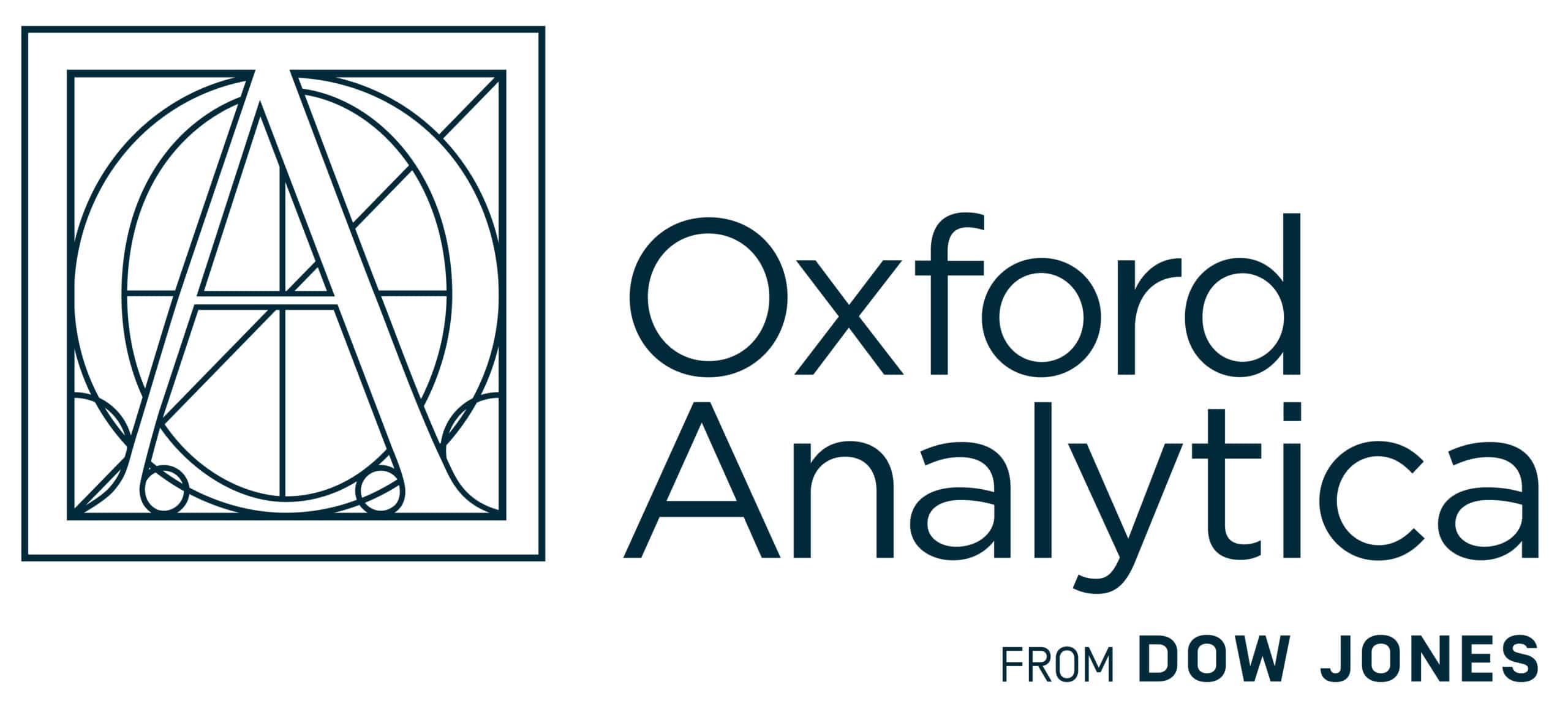The COVID-19 pandemic presented a huge challenge to the world’s various governments: not only did they have to invest in medical supplies and vaccine shots, but they also had to ensure that their populations were catered for in an environment where work was not possible due to the virus and associated lockdown provisions.
This was hard enough for even the most advanced economies, but emerging markets fared worse given their relatively more restricted access to debt. Indeed, this dynamic was a problem for emerging markets well before the pandemic.
Now, post-pandemic, the world’s economies are slowly working to address the debt burden and the massive changes to the dynamics of the world of work and consumer demand.
The underlying risk is that servicing debts – perhaps by policies of austerity – poses risks to the stability of governments and positive sentiment among the populations that they govern. As has been seen before, populations that feel unjustly taxed or poorly governed can easily break out into protest, or worse.
Access our latest webinar recording – a collaboration between Oxford Analytica and global broker WTW – where we convene an expert panel to address the politics of debt. In this webinar, we cover:
- The current state of global debt, especially in emerging markets
- The effect that this debt will have on governments and populations
- The interplay between the two
Speakers:
- Dr William Arthur, Manager, Advisory, Oxford Analytica
- Dr Rory MacLeod, Region Head, Oxford Analytica
- Sam Wilkin, Director of Political Risk Analytics, WTW
- Dr Warwick Knowles, Middle East Analyst, Oxford Analytica


